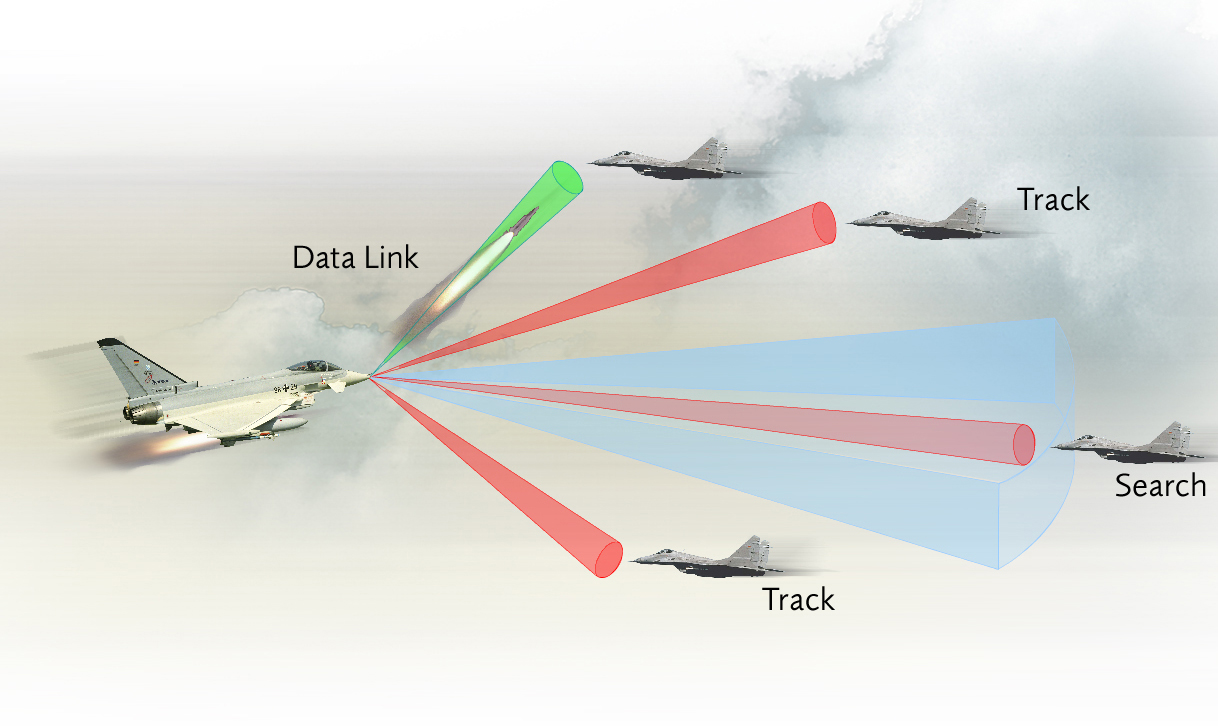BAGHDAD — The United States in on track or ahead of schedule to end its combat mission in Iraq this summer, and the lack of a permanent government there will not serve as a deterrent to that plan, senior administration officials traveling with Vice President Joe Biden said today.
But, an official speaking on background said, “we would like to see — the Iraqi people would like to see — a government as expeditiously as possible.” Political maneuvering has continued since Iraq’s March election, and a permanent government has yet to be seated.
The vice president is in Iraq this weekend for a dual purpose: to meet with U.S. troops for the Fourth of July holiday and to meet with senior Iraqi leadership leading the government or playing a part in the formation of the next one, the official said.
The vice president today met with Ad Melkert, the United Nations secretary general’s special representative for Iraq, followed by a meeting with Army Gen. Raymond T. Odierno, commander of U.S. Forces Iraq, and U.S. Ambassador to Iraq Christopher Hill. Biden spoke to reporters at the start of his meeting with Odierno and Hill.
“I remain, as I have from the beginning, extremely optimistic about a government being formed here that will be representative — represent all of the parties,” he said.
Meanwhile, a caretaker government is in place that’s providing security and taking care of Iraqis’ basic needs, the official said. But whether Iraq has a caretaker or permanent government, the United States is still on track to end its combat mission in Iraq, he added.
The United States is moving from a primarily military mission to a civilian, diplomatic and economic mission as the military presence in Iraq ramps down, he said. As of today, about 82,000 U.S. servicemembers are serving in Iraq, down from 165,000 at the height of the surge in 2008. The number will drop to 50,000 by the end of the summer in accordance with the U.S.-Iraqi security agreement, and the troops will remain in an “advise-and-assist” role. The agreement also calls for all U.S. troops to be out of Iraq by the end of 2011. But this change won’t come overnight, the official stressed.
“We’re not flipping a light switch on Aug. 31,” he said. “The combat mission will be ending; the presence of combat troops will not. We’ll still have a significant number of troops there with combat capability.”
Much of the transition from a combat mission to an advise-and-assist mission already has taken place, the official noted. Iraqis have been in the lead since U.S. servicemembers pulled out of Iraqi cities last year, he said.
Odierno has said he has “absolute confidence” in the plan, the official said. The United States is moving troops out on schedule, and is ahead of schedule in terms of moving equipment out of Iraq. Odierno also has confidence in Iraqi security forces, another official added.
In fact, the level of attacks is overall at “historic lows,” the official said. Iraq carried out its election with its own security forces in the lead in providing security, he noted as an example. And senior al-Qaida in Iraq leaders either were killed or captured in recent months, with Iraqi forces in the lead acting on intelligence developed by the Iraqis.
“The No. 1, 2, 3 and 4 — depending on how you count — senior members of al-Qaida in Iraq have all been taken off the field by the Iraqis,” he said.
The official also noted a “tremendous change” on the ground in Iraq. People are gathering, restaurants are opening and there’s a general increase in activity, he said.
The official said he’s seen reports that the United States is “not focused or disengaged” from Iraq. “Nothing could be further from the truth,” he said. The nation isn’t disengaging, but the nature of the engagement is changing, he explained.
“We’re really seeing the re-emergence of Iraq,” he said. “Virtually every time there’s been a roadblock … the Iraqis have found a way. It hasn’t always been easy, its taken time, but using the political process, Iraqis have found a way.”
While in Iraq, Biden will underscore the nation’s ongoing commitment to Iraq and will listen and offer advice to leadership, but only if asked, the official said.
This is Biden’s fourth visit to Iraq since he took office, and the first for his wife, Dr. Jill Biden, who accompanied her husband on the trip.
Tomorrow, the Bidens will attend a naturalization ceremony for U.S. troops, followed by meetings with U.S. troops and senior Iraqi officials.
Source:
U.S. Department of Defense
Office of the Assistant Secretary of Defense (Public Affairs)

 von
von 